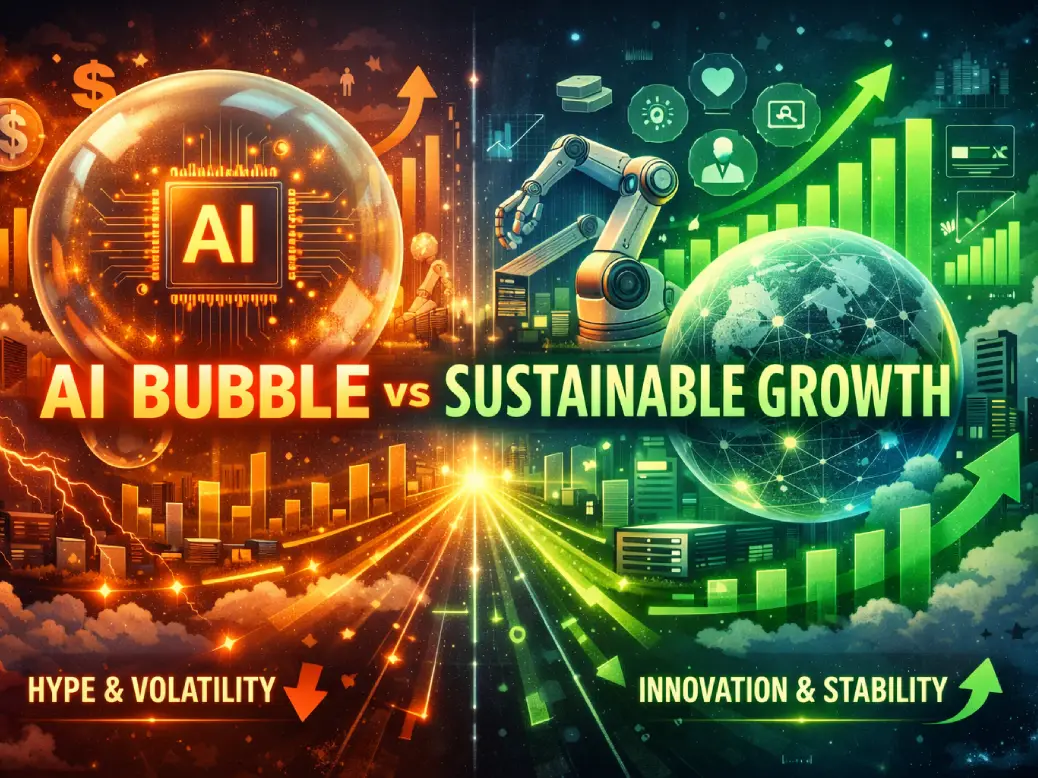Blockchain is reshaping the digital world, offering unprecedented transparency, security, and decentralization. As industries seek more secure and efficient systems, blockchain technology has emerged as a game-changer. Whether you're in finance, healthcare, or supply chain management, understanding blockchain's potential is crucial in 2025. In this article, we explore what blockchain is, how it works, and why it's transforming industries worldwide.
Blockchain: Transforming the Digital Landscape
What is Blockchain?
Blockchain is a decentralized digital ledger that records transactions across a network of computers. Unlike traditional databases, it’s immutable and distributed, meaning no single party controls the data, and once a transaction is recorded, it cannot be altered. This design significantly enhances security and transparency.
How Does Blockchain Work?
Each transaction on a blockchain is grouped into a block. Once verified by network participants (called nodes), the block is added to a chain of previous transactions. These blocks are time-stamped and cryptographically linked, creating a transparent and tamper-proof system.
Key components include:
-
Decentralization
-
Cryptographic Hash Functions
-
Consensus Mechanisms (like Proof of Work or Proof of Stake)
-
Smart Contracts
Benefits of Blockchain Technology
1. Enhanced Security
Blockchain uses encryption and consensus protocols, making it highly resistant to hacking and data breaches. It eliminates centralized points of vulnerability.
2. Transparency & Trust
All transactions are visible to participants on the network, reducing fraud and promoting trust.
3. Reduced Costs
Blockchain automates many processes through smart contracts, cutting out middlemen and reducing operational costs.
4. Faster Transactions
Traditional financial systems can take days to process transactions. Blockchain settles them in minutes or even seconds.
Real-World Applications of Blockchain
Finance
Blockchain powers cryptocurrencies like Bitcoin and Ethereum, enabling peer-to-peer transactions without intermediaries. Banks are also leveraging it for faster cross-border payments.
Supply Chain
Blockchain offers real-time visibility and traceability of goods, ensuring product authenticity and improving logistics.
Healthcare
It ensures secure patient data sharing, enabling better coordination between medical providers while preserving patient privacy.
Real Estate
Property transactions can be streamlined through blockchain, reducing paperwork, fraud, and delays.
Voting Systems
Blockchain enables secure and transparent digital voting, reducing the risk of election fraud.
The Future of Blockchain
The blockchain space is evolving rapidly, with innovations like NFTs, DAOs, and decentralized finance (DeFi) reshaping the internet as we know it. As regulatory frameworks catch up and scalability improves, adoption will expand across sectors.
Conclusion
Blockchain is more than just the backbone of cryptocurrencies—it's a revolutionary technology poised to transform industries by boosting security, transparency, and efficiency. Whether you're a business leader, developer, or investor, understanding blockchain is vital in today's digital age.










